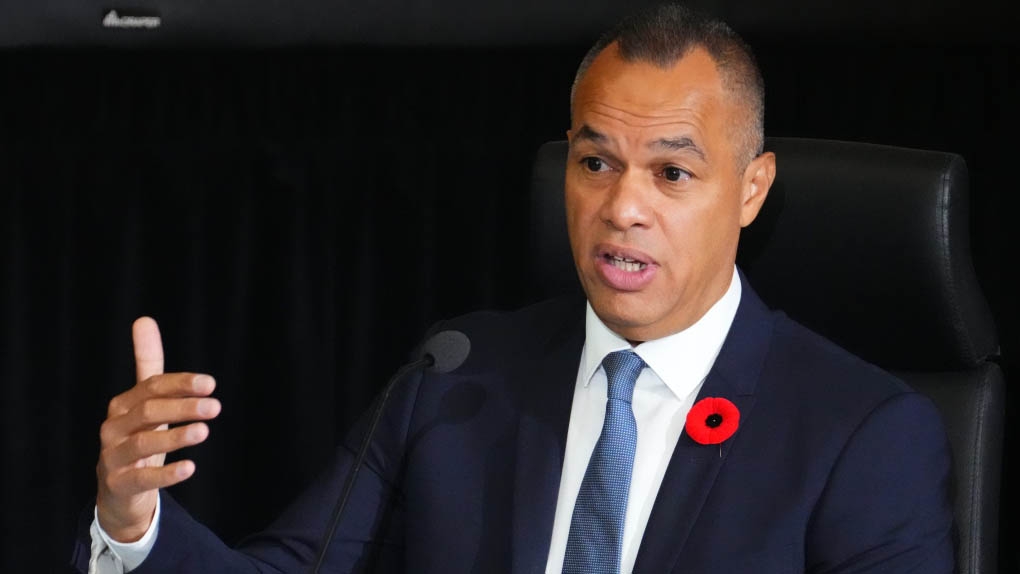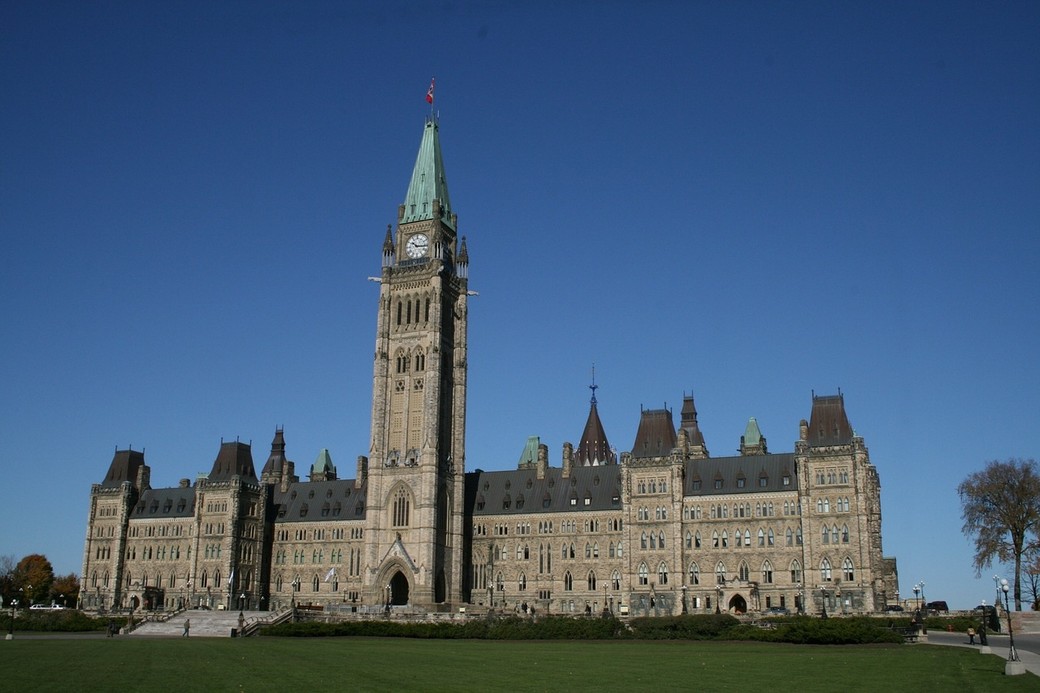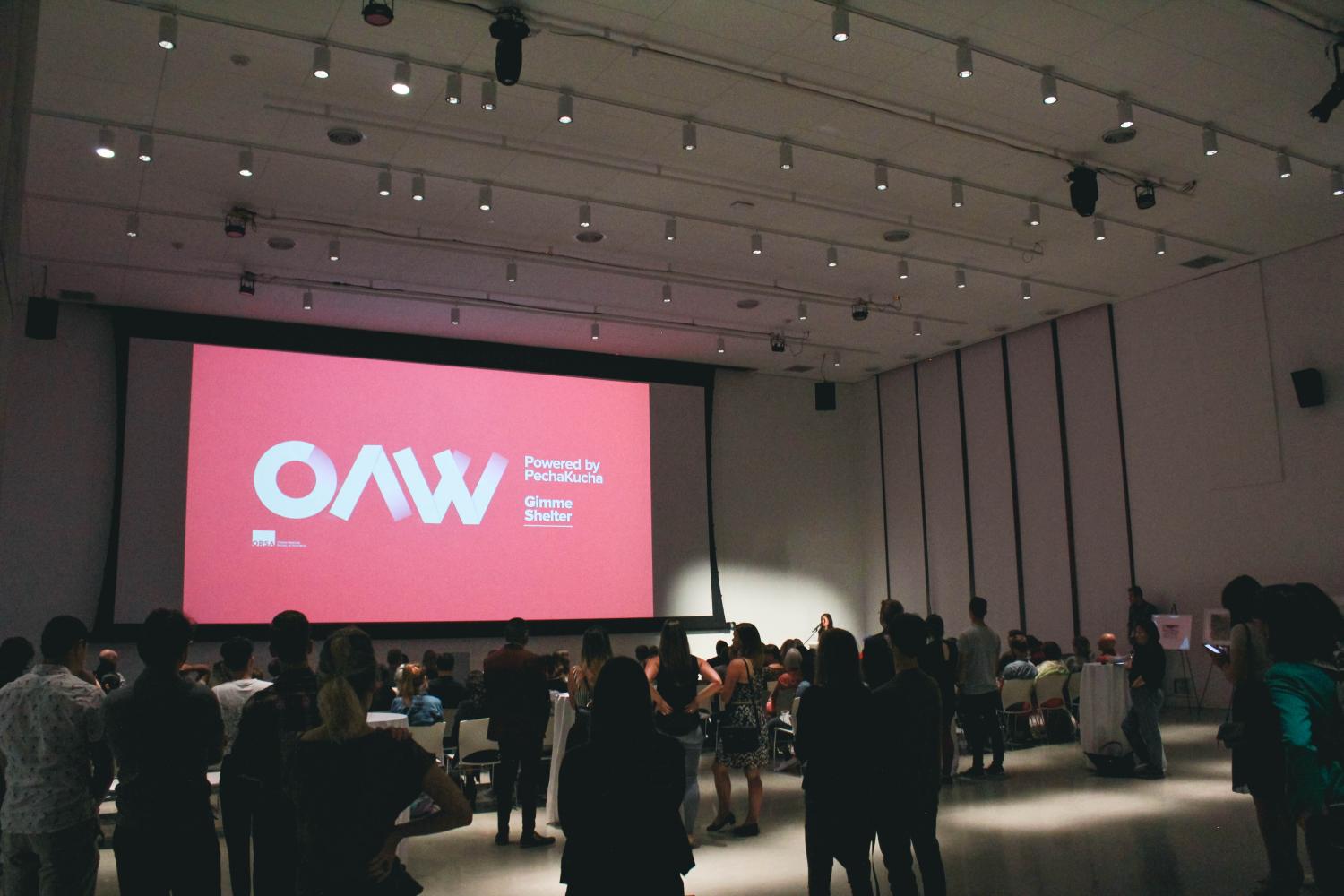
Former top cop attempts to defend his honour at Emergencies Act Inquiry.
Former Ottawa Police Chief Peter Sloly retook the stand today at the Emergencies Act Inquiry. During his testimony last week, Sloly recalled his time in Pristina, Kosovo, as part of a multi-national peacekeeping force of officers and soldiers with the power of law enforcement in the area.
It seemed that Sloly was attempting to demonstrate his ability to work under pressure from being chosen to serve in the yet-to-be-independent state. At the time, Kosovo was reeling from its recent conflict with the Federal Republic of Yugoslavia, facing law enforcement challenges from organized crime and the yet-to-be-disbanded Kosovo Liberation Army.
Perhaps the biggest surprise today was that Sloly stated he never read his emails during his time as chief of the Ottawa Police Service (OPS). He tasked this to an assistant who was also responsible for deleting emails. He also admitted that staff often deleted reports if they were deemed not of value.
The picture painted at the inquiry was of Chief Sloly being a disliked head of the service whose own deputies were not supportive of his handling of the convoy situation. Sloly also came across as highly combative, saying that he took offence to suggestions from the Chief Inquirer that he had personal conflicts with other high-ranking members of the police service.
Inquiry lawyer David Migicovsky suggested Sloly was looking to shift blame onto Steven Bell, the interim chief who stepped in after Sloly’s resignation. Sloly denied this, stating, “I take offence.” Sloly and his council also admonished the inquiry for the manner of questions asked. However, the evidence presented for this statement from the inquirer included a note from Deputy Police Chief Patricia Ferguson.
Sloly was asked if he was looking to assign blame for the Freedom Convoys handling and retorted, “absolutely not.”However, Sloly’s actions and responses to the commission paint a different picture. At numerous points during his questioning, Sloly was asked about documents put forward at Ottawa Police Service meetings regarding the handling of the Convoy, including one such memo where it was suggested that Sloly wanted a compromise that included keeping the streets clean and the honking down in return for police allowing fuel in for the trucks, which the former chief repeatedly stated he could not remember, or that the memos on conversations mentioned were with different high ups in the Ottawa Police Service. Sloly did admit that he was trying to enforce the law downtown; various methods were being used, which he defined on a spectrum from the low intensity and negotiation style to a crackdown and a broad range of middle-of-the-road tactics the situation permitted at the time.
Throughout the process, Sloly was highly combative with the inquiry and seemed there more to defend his honour and reputation as the former top cop of the city than as someone with answers to questions regarding the happenings at the Ottawa Police Service throughout the occupation.
The commission concluded the questioning of the former chief of police by asking about Sloly’s resignation from the OPS and the severance package he arranged at the behest of former Ottawa Police Services Board Chair Dianne Deans, who approved his resignation.
Peter Sloly’s testimony showed a police force trying to balance the mandate of its responsibility against interpersonal conflicts within its headquarters during the crisis. In contrast, outside police forces, including the Federal RCMP and Provincial OPP, had lost faith in the force, as texts from Brenda Lucki, RCMP Commissioner, to OPP Commissioner Thomas Carrique presented at the hearing on Friday suggested that if the Emergencies Act was invoked, the OPS should be taken over in jurisdiction by the OPP.
The inquiry will hear next from the organizers of the Convoy, who are due to begin their testimony next.









